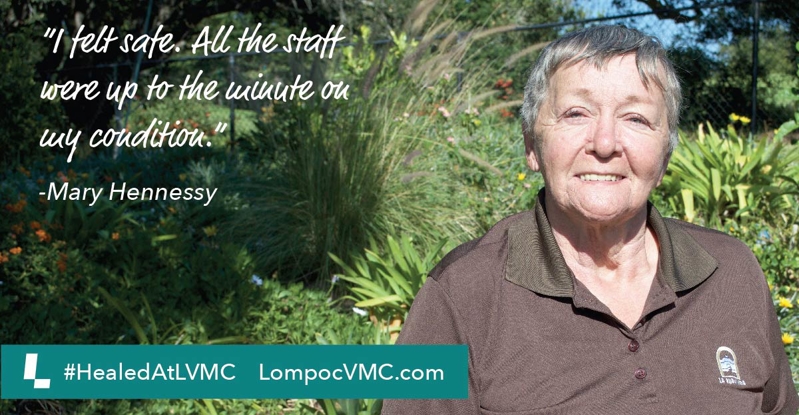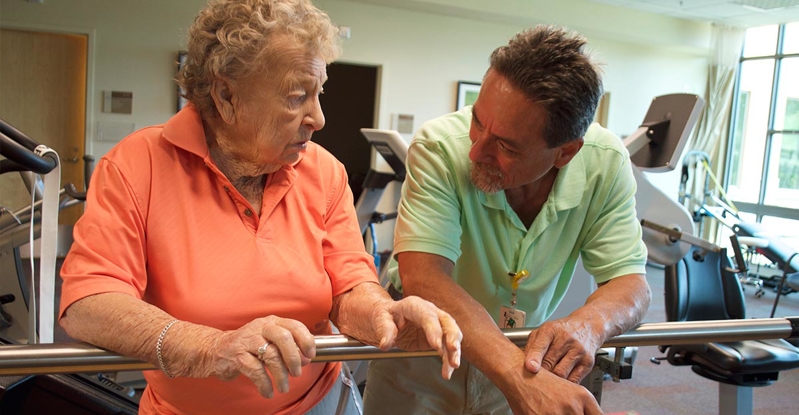We work closely with the patients, family members, or caregivers to provide education to improve outcomes and carryover of skills.
For more information call 805-737-3388
Our Speech-Language Therapist evaluates and treats patients with many different speech, language, cognitive-communication, and swallowing disorders. We also perform instrumental assessments, including Modified Barium Swallow Studies, for both outpatients and those still in the hospital under our care.
Our Speech-Language Therapy Services
Suppose you’ve experienced any of the following or have a current diagnosis of any of these medical issues. In that case, you may consider booking an appointment with a speech therapist:
A swallowing disorder which may occur as a result of various medical conditions including stroke, brain injury, oropharyngeal cancers, neck surgery, or neurological diseases.
Acquired cognitive-communication deficits impacting how language is used. Areas where deficiencies may occur include: attention, memory, pragmatics, reasoning, judgment, thought organization/planning, and insight/awareness.
An acquired neurogenic language disorder resulting from an injury to the brain. Aphasia involves varying degrees of impairment in four primary areas, including spoken language expression, spoken language comprehension, written expression, and reasoning comprehension.
Voice disorders occur when voice quality, pitch, and loudness differ for an individual’s age, gender, cultural background, or geographic location. Voice disorders can be organic or functional. Organic voice disorders result from alterations to respiratory, laryngeal, or vocal tract mechanisms (e.g., vocal fold edema, vocal fold nodules, vocal fold paralysis). Functional voice disorders result from improper or inefficient use of the vocal mechanism when the physical structure is normal (e.g., vocal fatigue, muscle tension dysphonia).
A group of neurogenic speech disorders that may impact strength, speed, range, steadiness, tone, or accuracy of movements required for breathing, phonatory, resonatory, articulatory, or prosodic aspects of speech production. Dysarthria can affect speech intelligibility and result from one or more sensorimotor problems, including weakness, paralysis, incoordination, involuntary movements, or excessive, reduced, or uneven muscle tone.
No two patients are treated alike during speech therapy treatment. Even with the same diagnosis, the experience and treatment required for each person will differ. We provide patient-centered care, and each phase of your treatment will be discussed and explained to you. You and your speech therapist will talk about your goals for treatment and address those during each appointment.
Contact your physician or Home Health Speech Therapist for a referral to Speech-Language Therapy. Most of our services are covered by major insurances, but check with your policy.

Lompoc resident Mary Hennessy has been a patient at Lompoc Valley Medical Center for various illnesses and ...
Continue Reading
Decades of an active life caught up with her eventually, coupled with extensive exposure to mold and mildew, and ...
Continue Reading
When I was waiting for my name to be called for my normal six-month appointment at Lompoc Valley Medical Center, I ...
Continue Reading
Teresa Wiley always considered herself very athletic. She was a jogger and worked out on weight machines. She hiked ...
Continue Reading